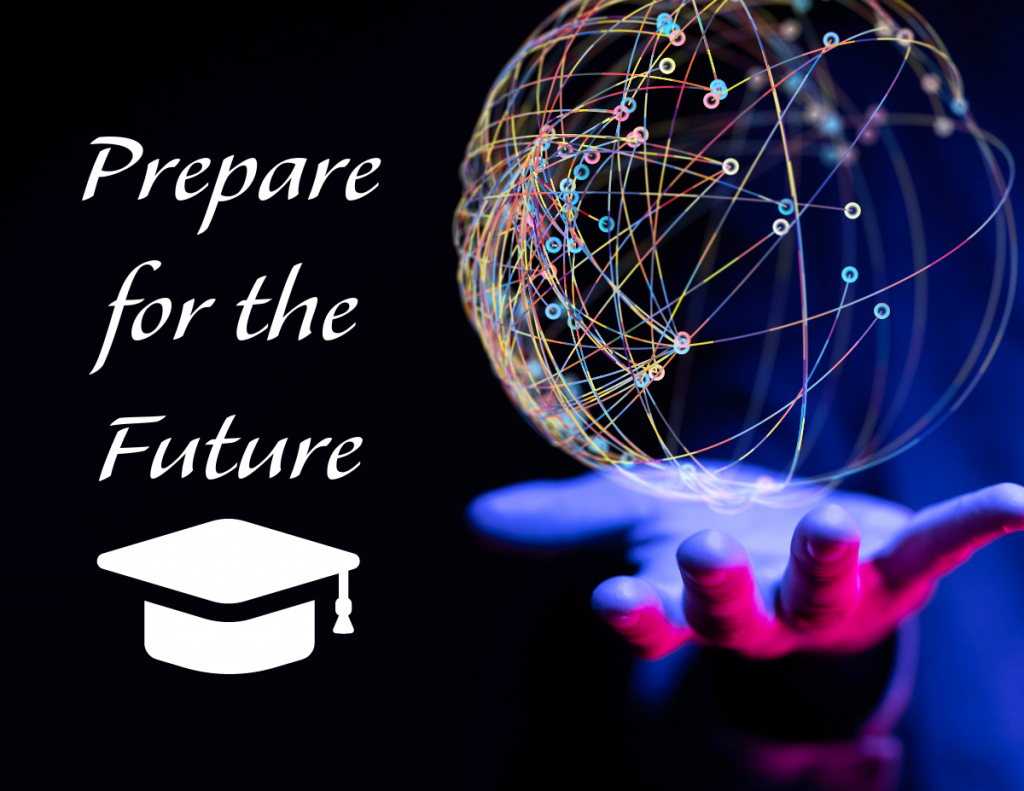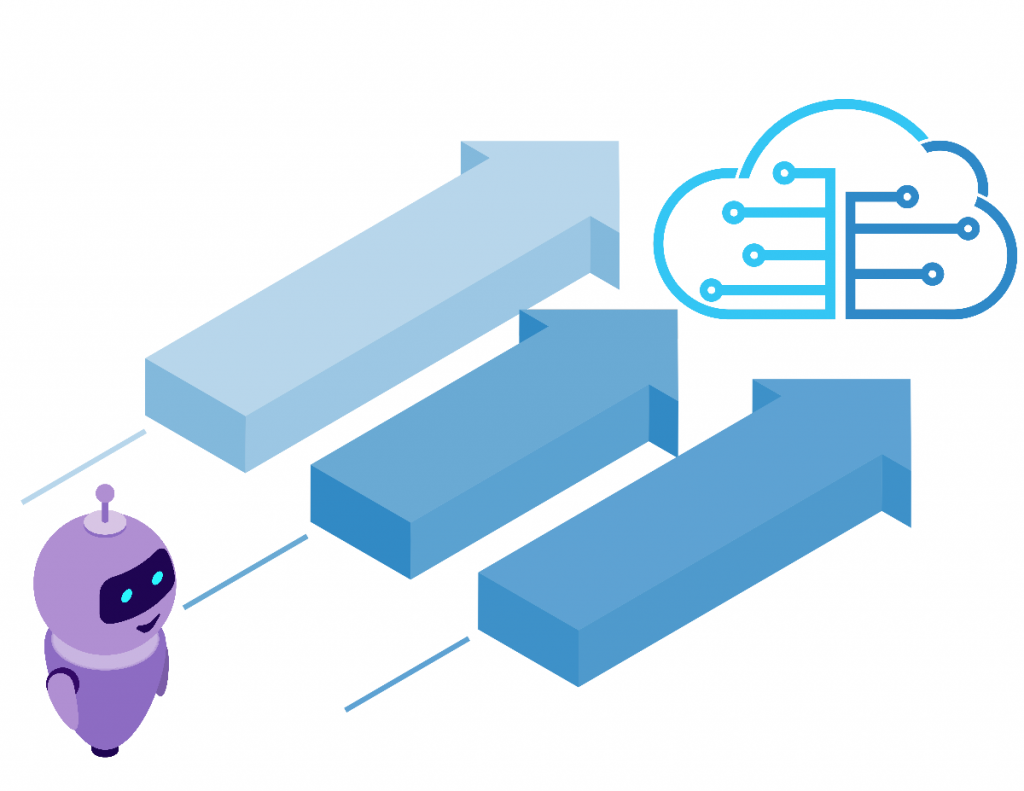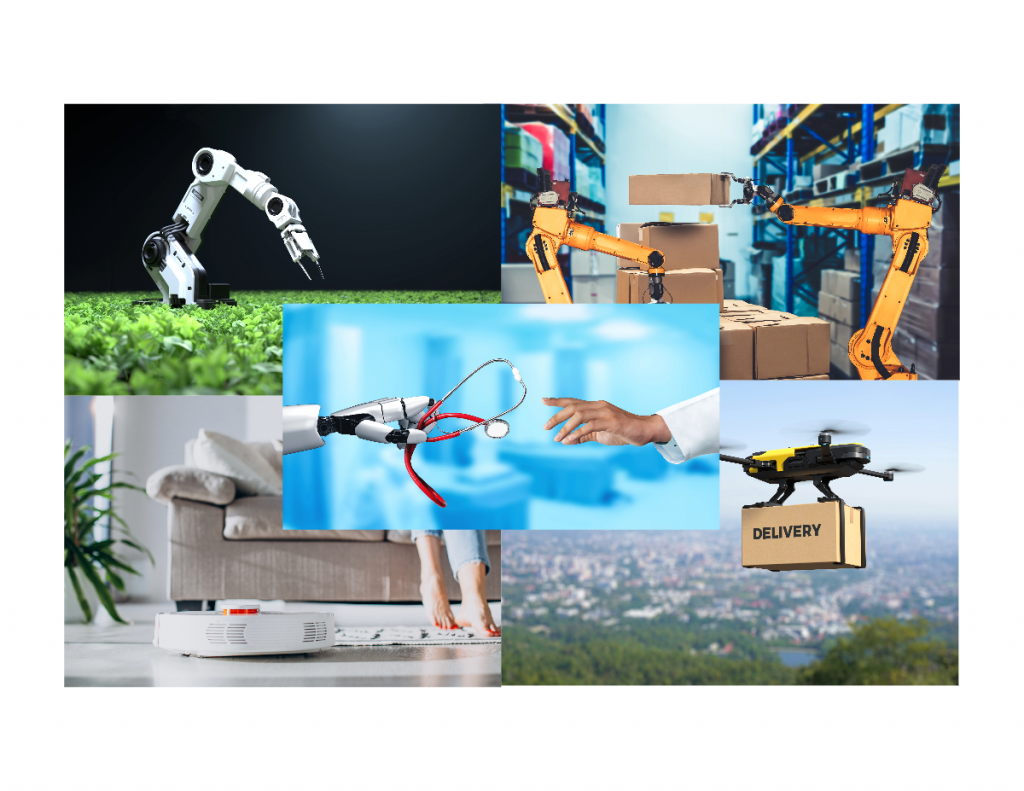Artificial Intelligence
AI Education for Young Children
Integration into Mainstream Education
AI education will become an integral part of mainstream education at all levels, from primary and secondary schools to higher education. Schools will introduce AI-related concepts and courses to prepare students for a future where AI plays a central role.
AI Curriculum and Specializations
Educational institutions will develop comprehensive AI curricula that cover topics such as machine learning, natural language processing, computer vision, robotics, and ethical AI development. Students may have the option to specialize in AI-related fields
Overall, AI education will equip our children with the skills and knowledge needed to understand, develop, and responsibly deploy AI technologies. It will empower learners to harness the potential of AI to address global challenges and shape a future that leverages the benefits of AI in a positive and inclusive manner.


Trends in AI Education
The future of AI education is likely to be transformative, driven by the rapid advancements in artificial intelligence technology and its increasing impact on various industries and everyday life. Here are some key aspects of the future of AI education:
AI for All Disciplines
AI will not be limited to computer science and engineering programs. Students from diverse backgrounds will learn how to leverage AI in their respective fields.
Experiential Learning
AI education will emphasize hands-on, experiential learning. Students will work on real-world AI projects to solve complex problems.
Online AI Education
AI-powered learning platforms, and massive open online courses will continue to expand.
AI in Teacher Support
AI will be utilized to enhance teaching methods and provide personalized learning experiences.
AI-Enhanced Learning Environments
AI will be integrated into educational tools to create smart learning environments which can analyze students’ progress, identify learning gaps, and recommend personalized learning pathways.
Lifelong Learning and Continuous Education
As AI rapidly evolves, professionals in various industries will require continuous education to keep pace with the latest developments.
AI & Robotics
As artificial intelligence and machine learning technologies advance, robotics education is starting to incorporate these concepts into the curriculum. Students learn how to create robots that can adapt and learn from their environments.
Machines have been around us from decades. But with the advancement in technology we are finding them to be intelligent now. They are thinking and working alongside with humans. Integration of AI in Robotics has helped machines in Sensing , Perception, Decision-Making & Autonomy. With this they are able to recognize objects, people, gestures, and even emotions. This has let to applications in self-driving cars, drones, industrial automation, Manufacturing, Healthcare, Agriculture, Service Industry, Exploration and Research.
Although there are certain Challenges and Considerations like Ethics, Safety, Human-Robot interactions, job disruption etc, but in summary, AI and robotics are interconnected fields that leverage each other’s strengths to create intelligent machines capable of performing tasks ranging from simple to complex, across various industries and applications.

